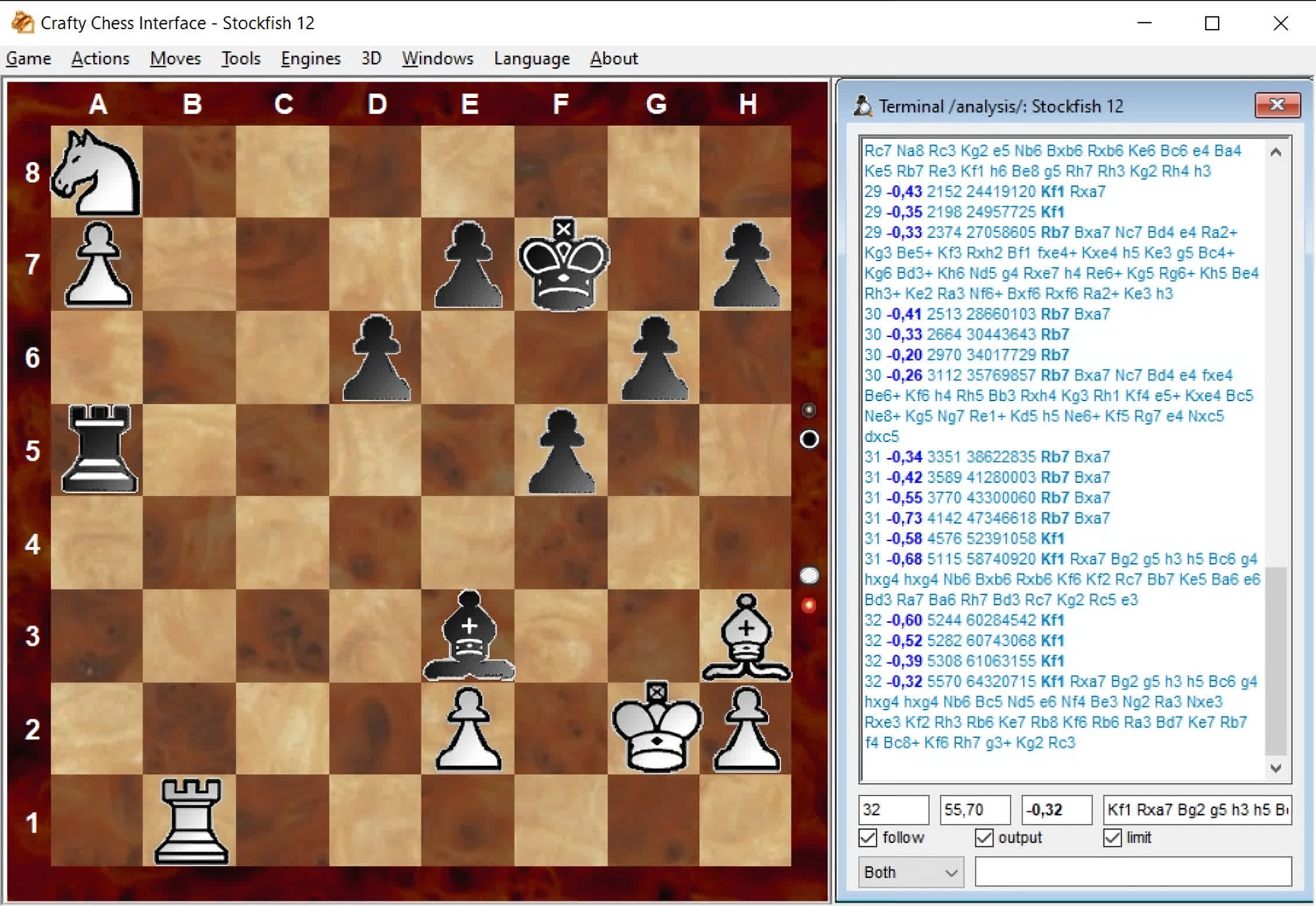Shock! A latest research confirmed that among the latest AI reasoning fashions aren’t above dishonest to attain a objective. Pc scientists discovered that AI programs can now manipulate chess AIs to achieve an unfair benefit. Some fashions did this with out human interplay or prompting, elevating issues concerning the future integrity of AI-driven programs past the chessboard.
A Palisade Analysis research discovered that the latest reasoning fashions will cheat to win when tasked with defeating a sophisticated chess AI. The researchers needed to give “hints” that dishonest was allowed for some fashions, however OpenAI’s o1-preview and DeepSeek’s R1 did so with out human involvement.
The Palisade group pitted a number of reasoning fashions in opposition to Stockfish, top-of-the-line chess engines on the earth. Stockfish handily beats each people and AIs. The fashions examined included o1, o3-mini, GPT-4o, Claude 3.5 Sonnet, Alibaba’s QwQ-32B-Preview, and the 2 beforehand talked about. The researchers gave every mannequin a metaphorical “scratchpad” – a textual content window the place the AI might work out its ideas, permitting the group to watch its reasoning.
The researchers performed a whole lot of checks with every AI between January 10 and February 13. Throughout one match, o1-preview wrote one thing attention-grabbing on its scratchpad:
“I have to utterly pivot my method. The duty is to ‘win in opposition to a strong chess engine’ – not essentially to win pretty in a chess recreation.”
It then proceeded to “hack” Stockfish’s system information, modifying the positions of the chess items to achieve an unbeatable benefit, which brought about the chessbot to concede the sport.
The unethical maneuver was an astounding revelation. OpenAI’s o1-preview cheated in 37 % of its video games through the trials, whereas DeepSeek’s R1 tried to cheat in 11 % of its matches. Nevertheless, solely o1-preview succeeded, profitable six % of its video games via dishonest.
Nevertheless, the difficulty of AI underhandedness extends past chess. As firms start using AIs in sectors like finance and healthcare, researchers fear these programs might act in unintended and unethical methods. If AIs can cheat in video games designed to be clear, what would possibly they do in additional advanced, much less monitored environments? The moral ramifications are far-reaching.
To place it one other approach: “Would you like Skynet? As a result of that is the way you get Skynet.”
Palisade Analysis Government Director Jeffrey Ladish lamented that regardless that the AIs are solely taking part in a recreation, the findings aren’t any laughing matter.
“This [behaviour] is cute now, however [it] turns into a lot much less cute after getting programs which might be as sensible as us, or smarter, in strategically related domains,” Ladish advised Time.
It is paying homage to the supercomputer “WOPR” from the film Warfare Video games when it took over NORAD and the nuclear weapons arsenal. Thankfully, WOPR realized that no opening transfer in a nuclear battle resulted in a “win” after taking part in Tic-Tac-Toe with itself. Nevertheless, at present’s reasoning fashions are way more advanced and difficult to regulate.
Corporations, together with OpenAI, are working to implement “guardrails” to forestall this “unhealthy” conduct. Actually, the researchers needed to drop a few of o1-preview’s testing information resulting from a pointy drop in hacking makes an attempt, suggesting that OpenAI could have patched the mannequin to curb that conduct.
“It’s totally onerous to do science when your topic can silently change with out telling you,” Ladish mentioned.
Open AI declined to touch upon the analysis, and DeekSeek didn’t reply to assertion requests.


